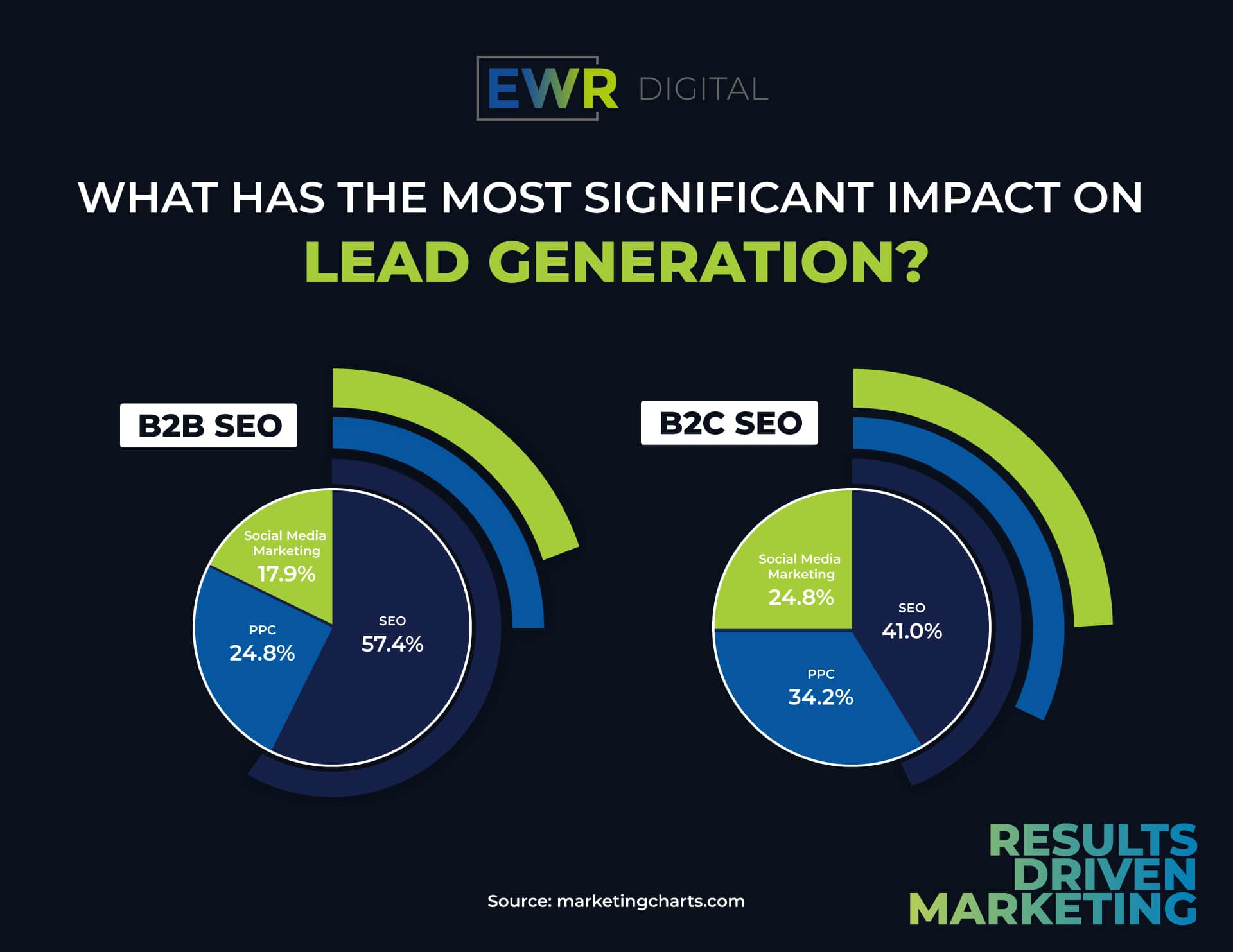
5 B2B Marketing Stratgies That Work
As a B2B company, your marketing strategy should focus on reaching the decision-makers of other businesses. B2B marketing requires a different approach than B2C marketing, as the target audience is different, and the sales cycle is usually longer. In this blog post, we will discuss some of the best B2B marketing strategies and provide examples of companies that have successfully implemented them.
One of the key aspects of B2B marketing is understanding the unique needs and challenges faced by businesses in different industries. This requires a deep knowledge of market trends, industry regulations, and competitive landscapes. To effectively reach decision-makers within other companies, B2B marketers often use a variety of channels such as email campaigns, social media advertising, trade shows and events.
They may also leverage content marketing strategies to create informative blog posts or whitepapers that showcase their expertise in specific areas. Another important aspect of B2B marketing is measuring success through metrics like lead generation rates or conversion rates. By tracking these metrics over time, companies can refine their strategies to better target potential clients and improve overall ROI.
Overall, successful B2B marketing involves building strong relationships with other businesses based on trust and mutual benefit. It requires an ongoing commitment to providing value-added services that help solve real-world problems for your customers while positioning yourself as a trusted partner they can rely on for years to come!
Content Marketing:
Content marketing is a strategy that involves creating valuable, informative, and educational content to attract and engage your target audience. The content marketing could be in the form of blog posts, whitepapers, eBooks, webinars, or podcasts. The idea behind content marketing is to provide your target audience with valuable information that addresses their pain points, challenges, or interests.
Content Marketing Example:
HubSpot, a leading inbound marketing and sales platform, is a great example of a company that has successfully implemented content marketing. They offer a variety of free resources, including blog articles, eBooks, and webinars, that help their audience improve their marketing and sales strategies. By providing valuable content, they attract potential customers and establish themselves as thought leaders in the industry.
Account-Based Marketing:
Account-based marketing (ABM) is a targeted marketing approach that focuses on specific accounts or companies. This strategy involves identifying a set of high-value accounts and tailoring your marketing efforts to meet their specific needs. ABM requires a deep understanding of the target account’s pain points, challenges, and business goals.
Account-Based Marketing Example:
Terminus, an ABM platform, is an excellent example of a company that has successfully implemented this strategy. They use personalized advertising, direct mail, and social media marketing to target specific accounts. By tailoring their marketing efforts to meet the specific needs of each account, they have been able to increase engagement and conversion rates.
Social Media Marketing:
Social media marketing involves using social media platforms to promote your brand, engage with your audience, and generate leads. The key to successful social media marketing is to identify the right platforms for your target audience and create content that resonates with them.
Social Media Marketing Example:
Hootsuite, a social media management platform, is a great example of a company that has successfully used social media marketing. They use a variety of social media platforms, including LinkedIn, Twitter, and Instagram, to promote their brand, engage with their audience, and generate leads. By providing valuable content and engaging with their followers, they have been able to establish themselves as thought leaders in the industry.
Email Marketing:
Email marketing is a strategy that involves sending emails to your target audience to promote your brand, products, or services. The key to successful email marketing is to create engaging content that resonates with your target audience.
Email Marketing Example:
Litmus, an email marketing and analytics platform, is a great example of a company that has successfully used email marketing. They send regular newsletters, product updates, and educational content to their subscribers. By providing valuable content and engaging with their audience, they have been able to increase their email open rates and click-through rates.
Influencer Marketing:
Influencer marketing is a strategy that involves partnering with influential people in your industry to promote your brand, products, or services. The key to successful influencer marketing is to identify the right influencers for your target audience and create content that resonates with them.
Influencer Marketing Example:
Salesforce, a leading customer relationship management (CRM) platform, is a great example of a company that has successfully used influencer marketing. They partnered with Neil Patel, a well-known digital marketing influencer, to promote their CRM software. By partnering with an influential person in their industry, they were able to reach a wider audience and increase their brand awareness.
Analytics and Tracking
Tracking your analytics is an essential part of any successful B2B marketing strategy. It allows you to measure the effectiveness of your marketing efforts, identify areas for improvement, and make data-driven decisions. One important aspect of analytics tracking is conversational analytics, which involves monitoring the conversations that take place between your sales team and potential customers. By analyzing these conversations, you can gain valuable insights into customer pain points, objections, and preferences, which can inform your marketing messaging and tactics.
Additionally, conversational analytics can help you identify trends in your sales process, such as common objections or frequently asked questions, and adjust your marketing approach accordingly. Ultimately, tracking your analytics, including conversational analytics, is crucial for optimizing your B2B marketing strategy and driving meaningful results for your business.
Curious how EWR Digital can help your B2B business? Then contact us today for more information.
